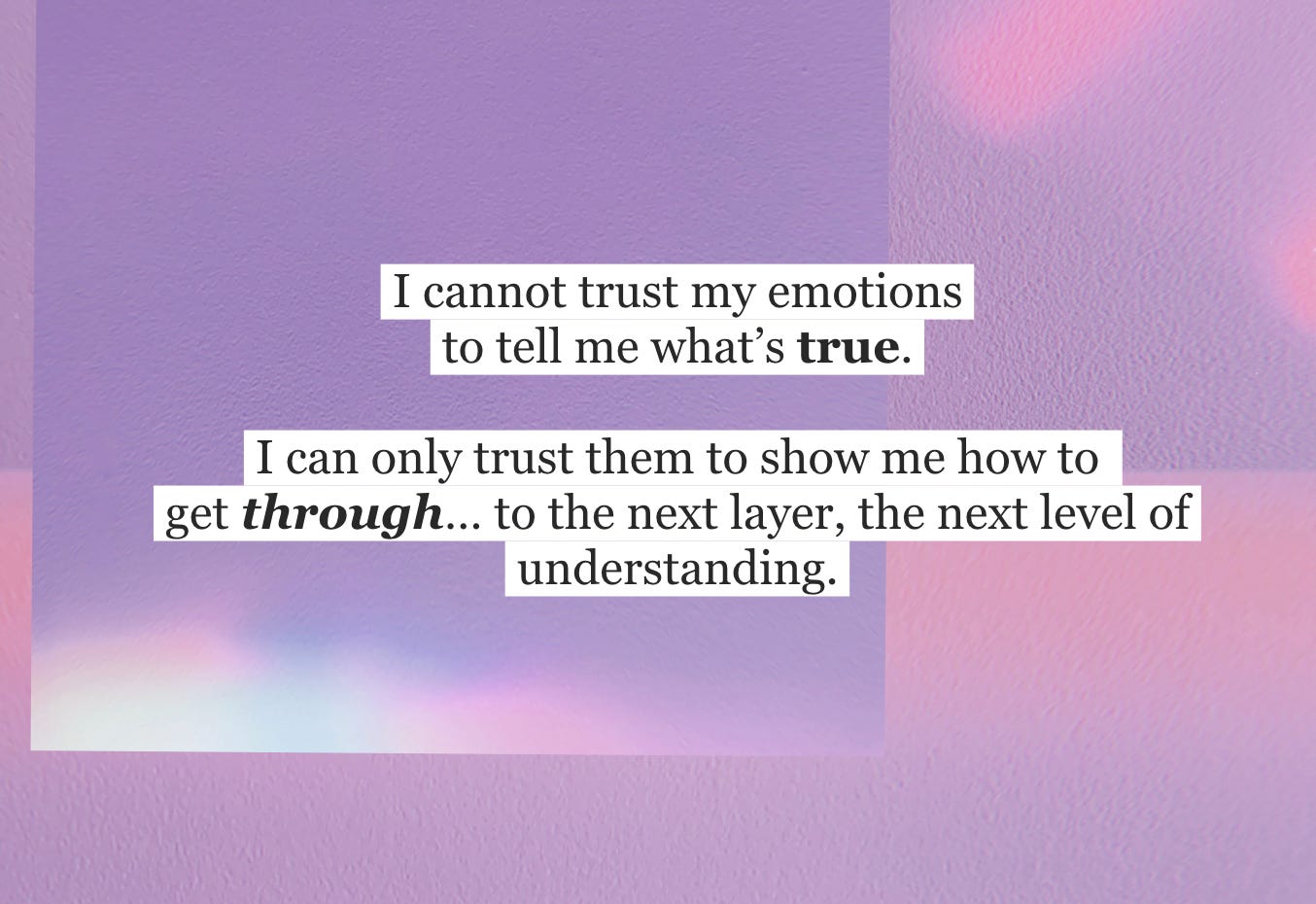There is so much to say, it is hard to know where to begin. We have reached it, the great unknowing: the great unknown. The answers are no longer available to us. The rules have changed. We do not know what next year, next month, next week, or even what tomorrow will look like.
Here, from where I write to you, the world appears stable. And it will likely remain so for some time. There, in Los Angeles, my second home, the world is unstable—and will likely remain so for some time.
So where do we go?
What do we do when the future is unknown?
The power on the planet is shifting.
Energy is seeking a return to equilibrium.
We have been fed a narrative of linearity our whole lives. Every climate report centers it: goal-based thinking, ten steps, a plan. Reduce X emissions by Y date to prevent Z problems. There! Easy. Done 😌
Except it didn’t work. It only got worse.
What happens when linearity goes out the window? What happens when the present moment is the only thing that exists? How do we survive the tension of not knowing?
How do we survive?
Back then we were trying to scare people to pay attention. You don’t [know] how bad it is with climate change, you don’t know how many nuclear warheads are on high alert. Get roused. And it wasn’t working.
People thought the public was apathetic. But I realized the etymology of the word...
Early 17th century: from French apathie, via Latin from Greek apatheia, from apathēs "without feeling,” from a- "without” plus pathos "suffering.”
It was not that people didn’t care or didn’t know, but that people were afraid to suffer. It was the refusal or the incapacity to suffer.
These italicized words above, from environmental activist and Buddhist scholar Joanna Macy, explain why we are in a state of emergency.
Linearity is not the only gospel. Happiness is another. Without being in touch with our grief, with collective suffering, and with the inherent pain of being in a body, we stagnate, freeze, and become unable to step forward in alignment.
From this place of stagnation, we shame and we blame. We find individuals to fixate on, instead of being with our grief and the realization that we are not separate. The truth is, we are part of a greater whole and therefore responsible.
We are embedded in these systems. We cannot extract ourselves from them. We cannot point fingers. The onus for change is only, ever, and always on us.
in these devastating, heart-opening times, i can offer you hope
it is not hopeless
it is never hopeless
our hope lies in each other and inside our selves and our ability to transmute
we have all the solutions we need to fix the intersecting mental health, climate change, and wealth inequality crises
we have all the tools we need to end colonial capitalism patriarchal human supremacy
it won’t be pretty or easy or pleasant or comfortable, but it will be possible
something new is coming
but first, something old must be destroyed
today maybe all you can do is survive
maybe today all you can do is stay alive
but when you are ready
today or tomorrow or somewhere down the line of linear time, you can change the world by changing yourself: by transmuting your emotions, i.e. feeling them without judgement or stories
let the energy move through you
crack open to grief and find new worlds
unleash your anger, without target
muddle in the confusion, dance in the fear
this is how we survive, this is how we stay alive
we let go of knowing what tomorrow brings and we feel today fully
we don’t push it down or look away
we don’t go back to business as usual
we let the outside change the inside
we remember that we are the climate
and we are the change





You speak powerfully to the moment.